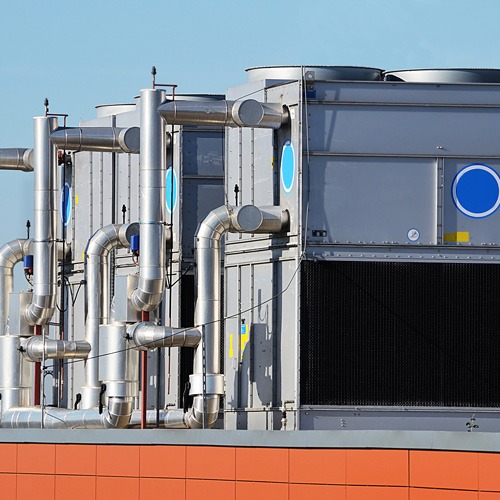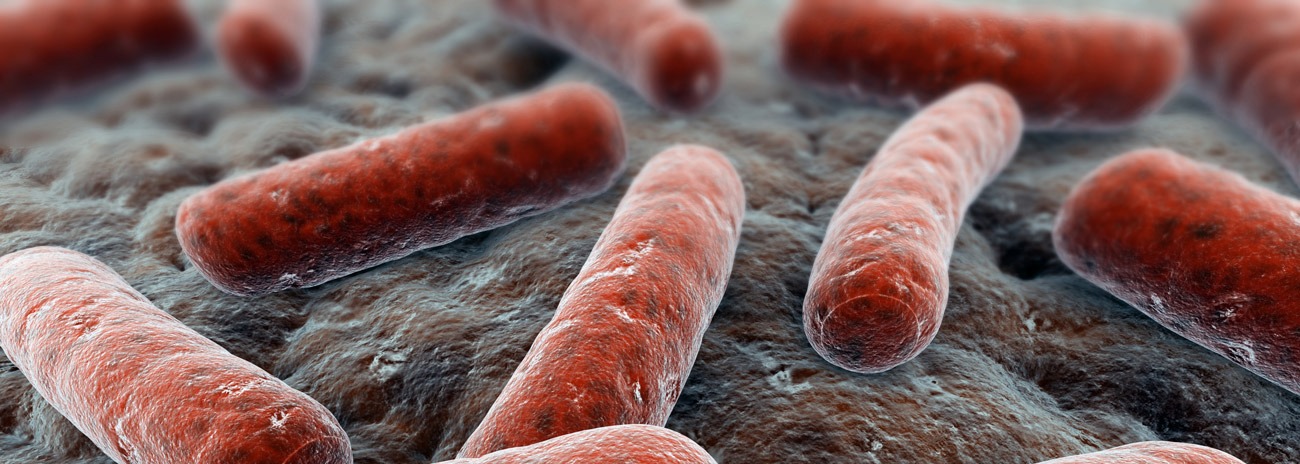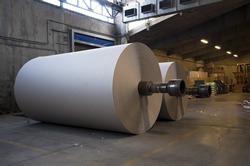Nitrate in Drinking Water
Why is it necessary to control nitrate in water?
High concentrations of nitrate in water can cause methemoglobinaemia (blue baby syndrome) in very young children. This is a potentially fatal illness. Nitrate is converted to nitrite in the gut and interferes with the absorption of oxygen by the blood. This extremely unusual illness only occurs at very high nitrate concentrations. The last recorded case in the UK occurred in the 1950s and was associated with the use of a shallow private well. No cases have arisen from use of public water supplies.
The current regulatory standard of 50 mg/l nitrate is derived from the standard in the European Union’s Drinking Water Directive. The EU standard is based on the World Health Organisation’s guideline value for drinking water, which is also 50 mg/l. That standard is intended to ensure that drinking water will not cause methaemoglobinaemia.
What about nitrate and cancer?
A number of studies have demonstrated that extremely high doses of nitrate can cause cancer in laboratory animals. A number of epidemiological studies have investigated the possible association of nitrate in tap water and incidence of cancer. None have provided any evidence for an association. Indeed several have reported an inverse association i.e. cancer incidence decreased as the nitrate levels in water increased.
It is important to note that nitrate is a natural component of many foods including green vegetables and that food provides the highest proportion of our dietary nitrate intake.
How much nitrate is in your water?
In 1999, 99.94% of tests for nitrate on samples taken from public water supplies in England and Wales met the nitrate standard. Remedial action is being taken in the few locations where the standard is exceeded. This action involves installation of treatment processes to reduce nitrate concentrations. Alternatively, blending of high nitrate water with water that is low in nitrate is practised to achieve compliance with the nitrate standard.
©Crown copyright 2001. This article was reproduced with the kind permission of the UK Drinking Water Inspectorate
Accepta Ltd provides microbial and chemistry analysis from our labs in the UK, to find out more about analysis on your water visit our laboratory water analysis page.







